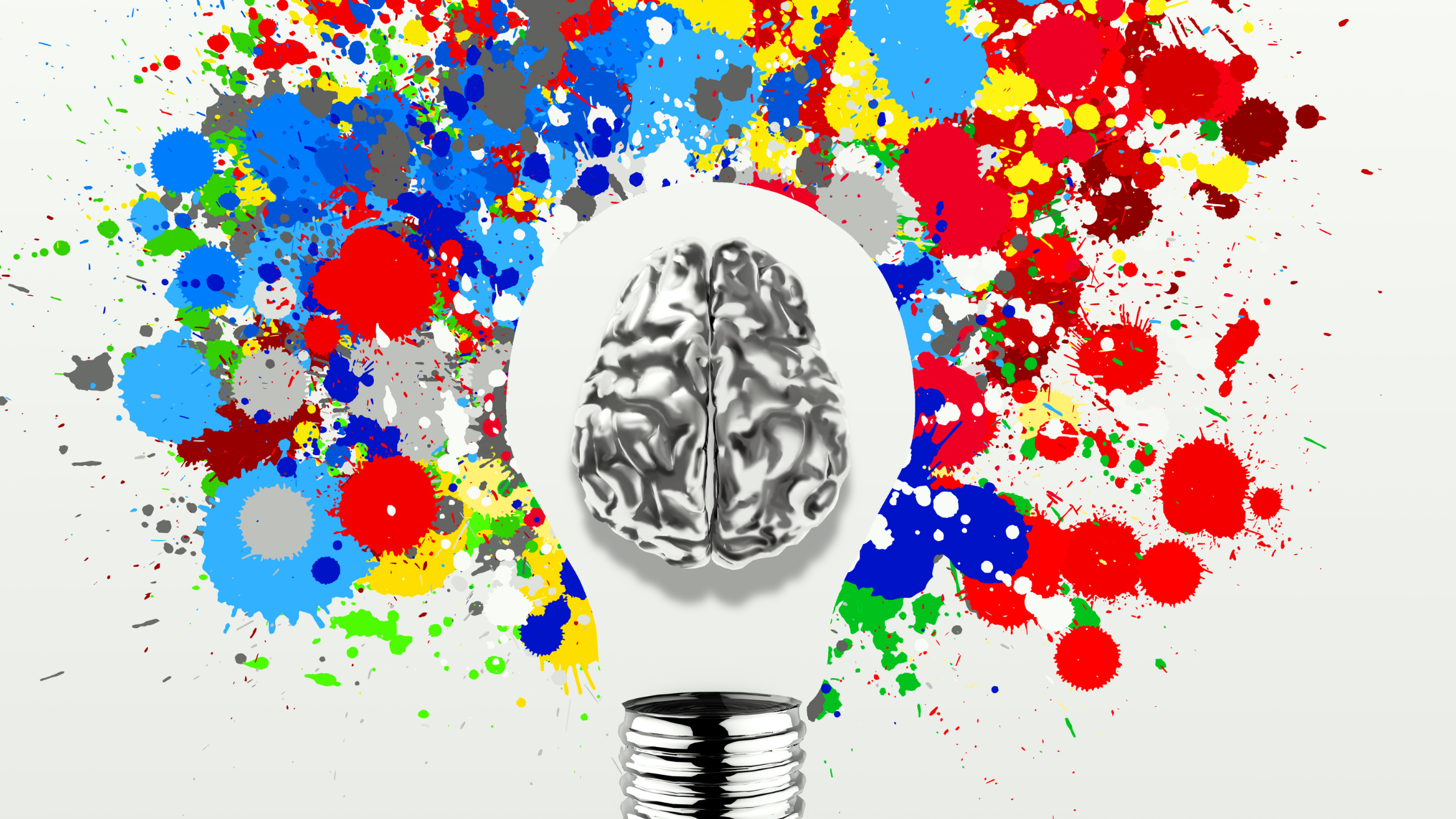
Understanding Neurodivergent Students
Posted on January, 18, 2023 by Susan Schaefer, M.Ed., M.A.T, Founder & CEOIt seems like the term neurodiversity is suddenly everywhere! But, what exactly does it mean? It is vital that parents and educators understand neurodivergent students and how to support them in school and in life. Neurodiversity is simply another form of diversity. To get a clearer idea of the vocabulary, here is a little primer:
Neurodiversity – describes the idea that people experience and interact with the world around them in many different ways; there is no one “right” way of thinking, learning, and behaving, and differences are not viewed as deficits.
Neurodivergent – is when a person processes information differently from that of others, either due to genetic or environmental factors. ADHD, autism, and dyslexia are a few examples of those considered neurodivergent.
Neurotypical– is used to describe people whose ways of processing information and behaviors are seen to be standard.
Coined by sociologist Judy Singer in 1999, neurodiversity refers to the idea that all brains function differently and that this diversity is natural and beneficial for our species
Neurodiversity is intended to advocate for the inclusiveness of people’s uniqueness. It implies that the term “normal” is outdated because everyone is different. Many people advocate for the word “normal” to be replaced with “typical” regarding society’s expectations of the way humans act and think. Much like those who prefer to be referred to as differently-abled rather than disabled.
Neurodiverse students do have challenges, but they have many strengths as well. Let’s take a look at some examples and ways you can support your student.
Some common strengths of neurodiverse students include:
– Creative and talented in the arts
– Ability to laser focus on special areas of interest
– Highly detailed-oriented and strong memory for subjects that inspire them
– Observational skills and the ability to notice what others do not
– Strong STEM skills
– Ease in understanding concepts in school
Some common challenges of neurodivergent students include:
– Social communication difficulties
– Learning challenges that may be related to difficulties with focus, and processing
– Issues with executive functioning, including organization, time management, working memory, and emotional regulation
– Sensitivity to sensory input such as light, sound, temperature, foods, and other stimuli
– Flexibility such as transitioning to new situations
How you can support your neurodivergent student:
– Have an IEP or 504 plan in place with specific accommodations
– Meet with teachers to help them understand the best ways to connect with your child
– Communicate their sensory needs to the proper school personnel.
– Set up structure, routines, and visual schedules at home for homework, sleep schedule, morning routine, etc
– Create self-advocacy moments such as having your student make their own appointments or contacting their advisor with a question.
– Find opportunities where your student can practice social skills (there may even be a group at school)
Do you think your child may be Neurodivergent? Take this quiz!
For more information on academic coaching for neurodivergent students email hello@acacoaches.com, visit our website at www.acacoaches.com, or call us at 860-2971591
